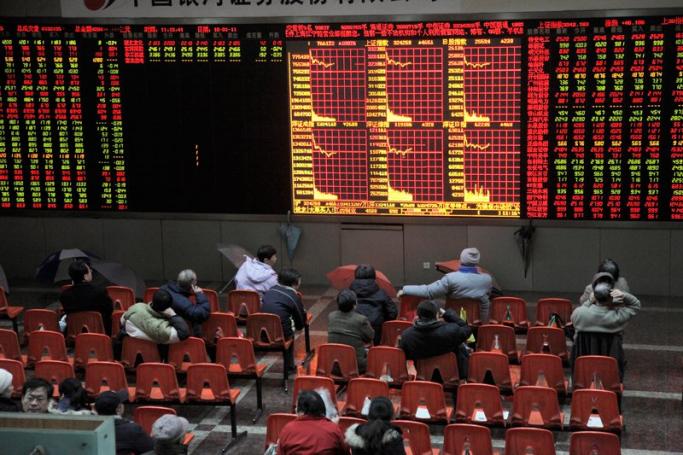In a useful assessment of the stock market and currency turmoil in China – changes that have the potential to seriously impact other parts of the world – The Economist’s Simon Baptist says the dramatic changes are part of a major transition in an economy edging closer to becoming the largest in the world.
In a press release on 13 August from The Economist Intelligence Unit, Chief Economist Baptist urges pundits to keep calm.
“China shocked markets this week by allowing a substantial devaluation of the renminbi's central parity rate against the US dollar. Following hot on the heels of the stock market turmoil that also spurred surprise intervention, it would be reasonable to wonder if China's government is losing control of the economy. But, as with all headlines that end in a question mark, the answer to mine is ‘no’. China is undergoing an economic transition on an incredible scale: a continent-sized economy is moving rapidly to higher income status, from investment to consumption, and coming down from 10% levels of growth, while simultaneously opening its financial markets. It's a tough balancing act, and it won't all be smooth sailing,” he writes.
Baptist says he thinks there are two key reasons why this week's action is not a sign of crisis.
“First, the renminbi has appreciated markedly against almost every currency over the last 18 months: it is still up around 20% against the Euro and Mexican Peso, 15% against the Yen and 10% against the South Korean Won. The story is really one of US dollar strength: the renminbi just could not keep appreciating against most currencies as the economy was weakening. Second, this volatility fits in with the broader trend of liberalisation with some bumps. It is in line with market forces and is something that we should expect to see more of as China liberalises its exchange-rate regime. With the recent interventions in the stock market, I wasn't expecting now to be the moment to add more "market forces" to the currency, but it is a good reminder that there are a range of voices in Chinese policy circles. There is, of course, a limit to how much volatility the central bank will be willing to accept and so don't expect to see the renminbi going south of seven per US dollar,” he writes.
You are viewing the old site.
Please update your bookmark to https://eng.mizzima.com.
Mizzima Weekly Magazine Issue...
14 December 2023
New UK Burma sanctions welcome...
13 December 2023
Spring Revolution Daily News f...
13 December 2023
Spring Revolution Daily News f...
12 December 2023
Spring Revolution Daily News f...
11 December 2023
Spring Revolution Daily News f...
08 December 2023
Spring Revolution Daily News f...
07 December 2023
Diaspora journalists increasin...
07 December 2023
Myanmar Suu Kyi supporters blocked from campaigning in Thailand












